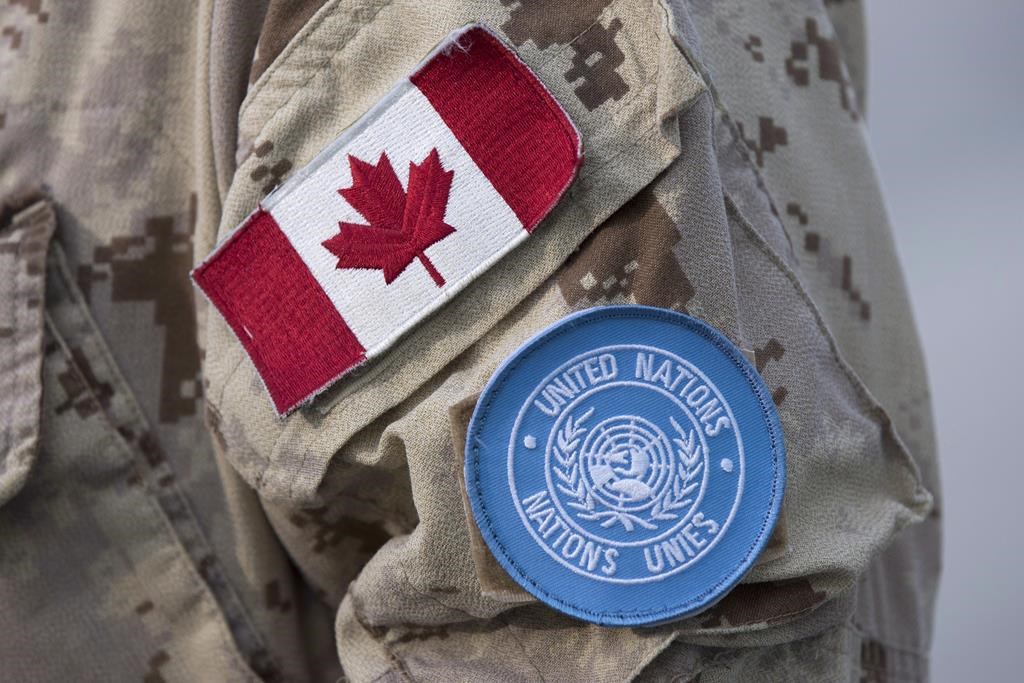Canadians wouldn’t typically follow domestic politics in the Netherlands — even outside of the distractions of a federal election — but we might want to take note of one particular development this past week.

Following a vote of non-confidence in the Dutch parliament, the country’s foreign minister has resigned from her position. The reason? The government’s response to the situation in Afghanistan, specifically the handling of the evacuation of Kabul.
Back here in Canada, there’s been no such reckoning over our own government’s Afghanistan missteps. Certainly no one has resigned and, arguably, no one has really been held accountable at all.
Indeed, the very government that mishandled the response in Afghanistan is asking to be rewarded at the polls in Monday’s federal election.
Despite the focus on Afghanistan in the early days in the campaign, the home stretch of this election has been largely absent of meaningful conversation around foreign policy issues. That’s not unique in Canadian elections, but the foreign policy challenges awaiting the next government are indeed unique in many ways. In other words, foreign policy might not matter before the election, but it will sure matter the moment it’s over.
Case in point is the surprise announcement this past week of a new Indo-Pacific security partnership between the U.S., U.K., and Australia. AUKUS, as the new pact is called, is more than a little awkward for Canada’s government.

Get daily National news
By all accounts, this appears to be not just a major snub of Canada but a major indictment of our approach to foreign policy. According to the Globe & Mail, Canadian officials were totally caught off guard by the announcement. We were not consulted about the partnership, which obviously implies that there was no consideration to invite Canada to participate. Although it’s hard to know what would be worse: that we wouldn’t be invited or that we’d be so worried about offending China that we’d decline such an invitation.

Prime Minister Justin Trudeau tried to downplay the significance of all of this by suggesting that this pact was really just about Australia’s interest in purchasing American and British nuclear submarine technology. However, as noted by former Vice-Admiral Mark Norman — who was in charge of the navy and vice-chief of the defence staff — Trudeau’s assessment is both “erroneous” and “misleading.”
Therefore, it’s possible that Trudeau’s attempt to save face is actually exacerbating the situation — a situation in which we find ourselves out of step with our most important allies on matters pertaining to China. It’s hard to think of a more pressing foreign policy challenge awaiting the next government.
- Carney says Canadian military participation in Middle East war can’t be ruled out
- More than half of small businesses say U.S. no longer reliable: CFIB data
- The Bank of Canada says these are the 3 warning signs for mortgage default
- Canadians want floor-crossing MPs to face ‘immediate’ byelections: poll
The fact that the AUKUS partnership is a product of the Biden administration is especially embarrassing for Trudeau. For whatever the endorsements from Barack Obama and Hillary Clinton are worth, the snub from the most important Democrat matters so much more. Trudeau has made much of his relationship with President Biden, but it’s hard to see how that friendship has produced much in the way of results for Canada.
It’s crucial that as we tackle these pressing issues pertaining to China — the two Michaels and the Huawei decision, just to name two — we stand shoulder to shoulder with our allies. If our allies don’t feel as though we’ve done so, that makes all of this work that much harder.
As security experts Stephanie Carvin and Thomas Juneau pointed out in an op-ed this past week, Canada “devotes fewer resources toward cultivating relationships with its most important security partners” and the perception among those partners is that Canada “takes much more than it gives from its security and intelligence partnerships.”
This all has to change. The extent to which the other major parties have the will and the ability to do so is harder to measure. If this election leaves our leaders with the impression that foreign policy is not a top priority, we shouldn’t be surprised if they don’t make it one themselves.
Rob Breakenridge is host of “Afternoons with Rob Breakenridge” on Global News Radio 770 Calgary and a commentator for Global News.








Comments
Want to discuss? Please read our Commenting Policy first.